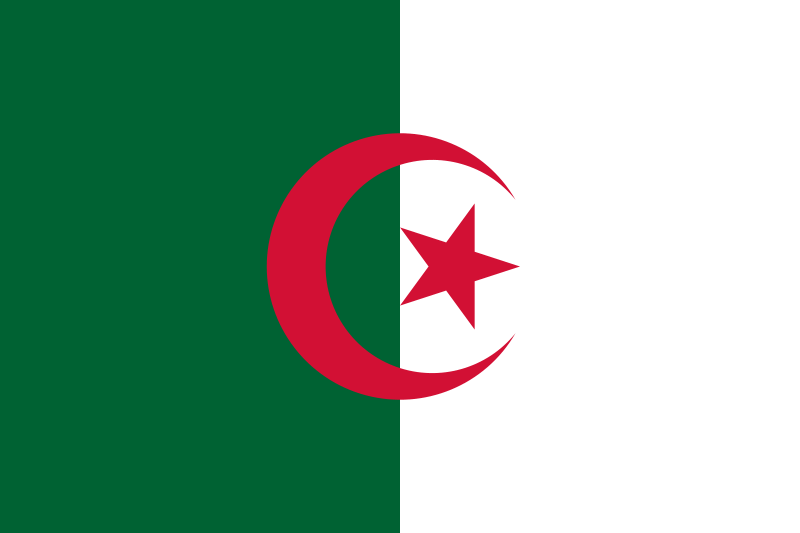Algeria Map
Explore the map of Algeria on WorldMap1 and discover its diverse geography, cities, and attractions. Use our interactive tool to zoom in and out, and plan your next adventure in North Africa's largest country.
Where is located Algeria on the Map
Algeria is a country located in North Africa, bordered by Tunisia to the northeast, Libya to the east, Niger to the southeast, Mali to the southwest, Western Sahara and Morocco to the west, and the Mediterranean Sea to the north. Its capital and largest city is Algiers. The country's geography is characterized by a mix of coastal areas, mountains, and deserts, including the Sahara Desert which covers much of the country's southern region. To find Algeria on a map, you can look for the coordinates 28.0339° N, 1.6596° E.
You can explore the beautiful country of Algeria and discover its diverse landscapes, bustling cities, and rich culture. With our interactive map tool, you can zoom in and out to see detailed views of different regions, and even plan your next adventure in this North African gem. Whether you're interested in exploring the Sahara desert, discovering ancient Roman ruins, or simply immersing yourself in the vibrant local culture, Algeria has something for everyone. So come explore this fascinating country and all it has to offer, right here on WorldMap1's Algeria map page.
Mysteries of the Mediterranean: A Deep Dive into Algiers'' Allure
Please subscribe on "World Guide" channnel on Youtube at youtube.com/c/WorldGuide
AFRICA from Space and African Countries Satellite View
For more about Algeria >>
map of algeria
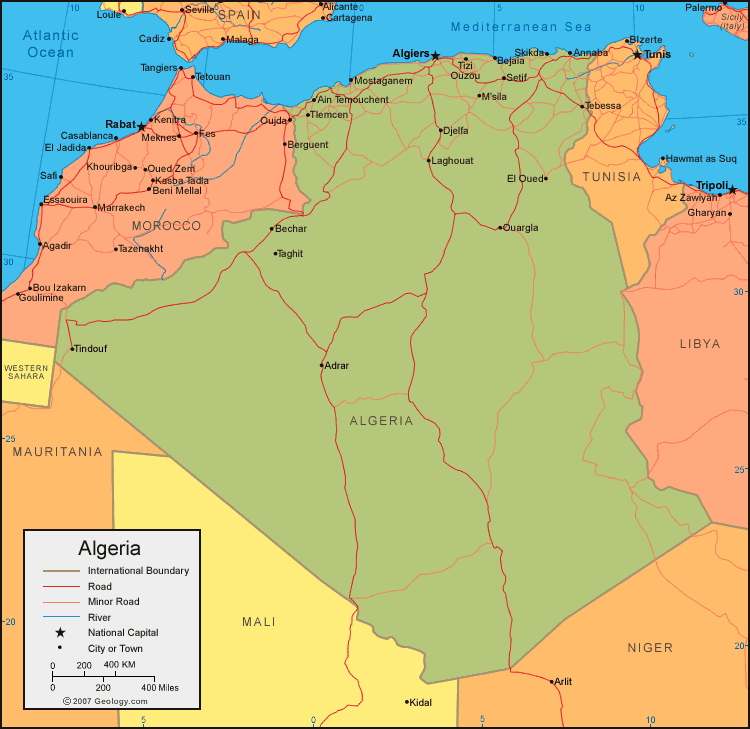
ALGERIA EARTH MAP
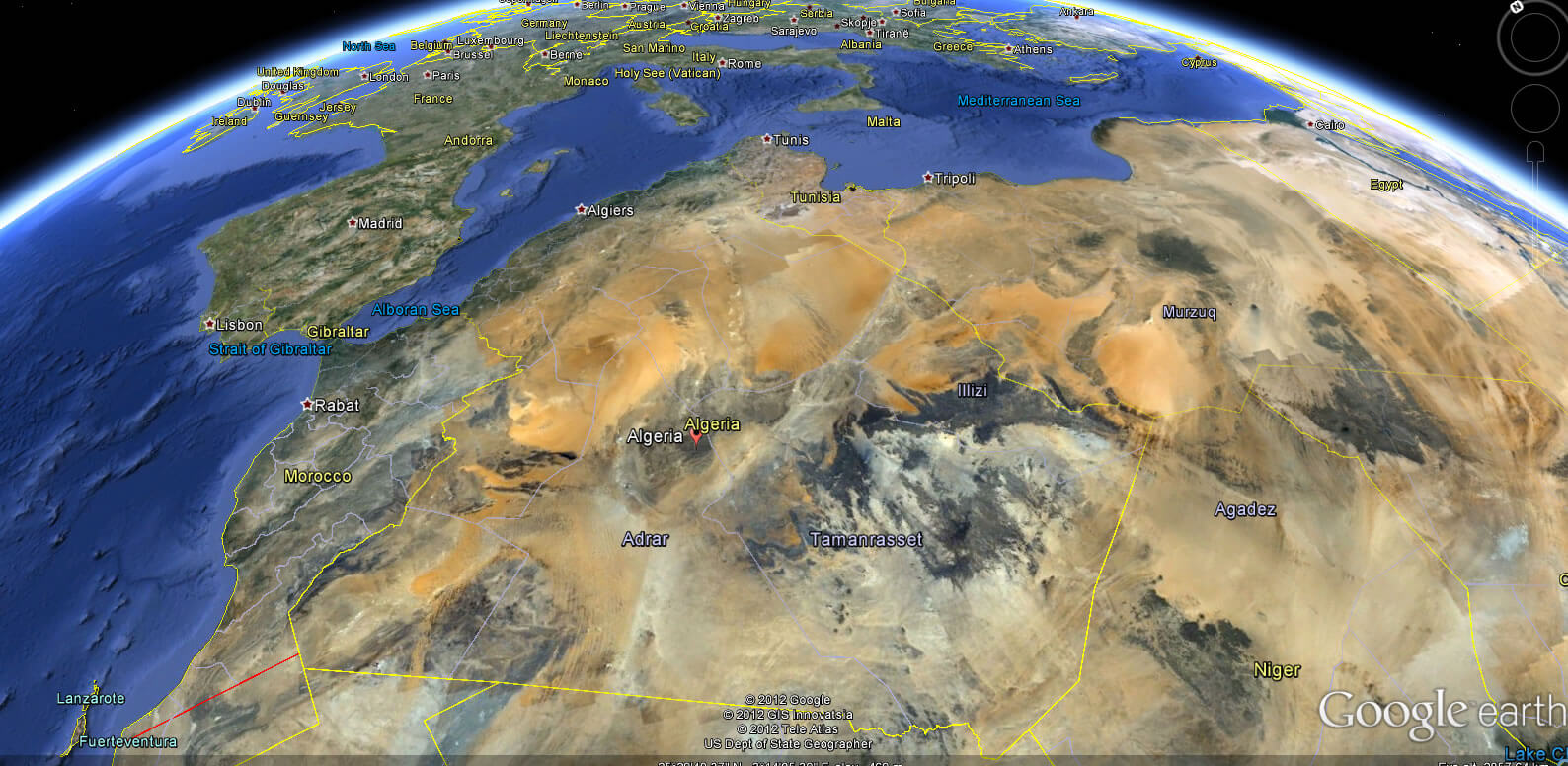
Brief information about Algeria
Algeria is a country located in North Africa, bordered by the Mediterranean Sea to the north, Tunisia to the northeast, Libya to the east, Niger to the southeast, Mali to the southwest, Mauritania and Western Sahara to the west. It is the largest country in Africa and the 10th largest in the world, with a population of over 44 million people.What is the population of Algeria
The population of Algeria is estimated to be around 45 million in 202212. According to the United Nations, the current population of Algeria is 45,482,295 as of April 26, 202334. The majority of the population is Arab-Berber, with smaller groups of Tuareg, Mozabite, and other ethnicities13. Ninety-one percent of the Algerian population lives along the Mediterranean coast on 12% of the country's total land mass, and 45% of the population is urban1. Algeria is a young country, with 1 in 4 people under the age of 153.What is the population density of Algeria
The population density of Algeria is 19.15 people per square kilometer as of 20231. However, the population density varies greatly across the country, with the majority of the population living along the Mediterranean coast on 12% of the country's total land mass23. The population density in Algiers, the capital city, is much higher, with 2,500 people per square kilometer4. The urbanization rate in Algeria is 45%, and urbanization continues despite government efforts to discourage migration to the cities.A Collection of Algeria Maps and Algeria Satellite Images
map of algeria

algeria locaition map

where is algeria in the world
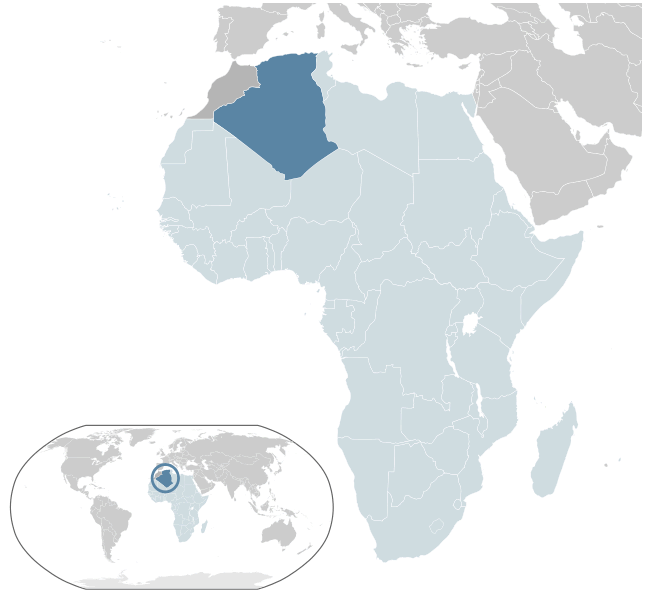
Algeria Earth Map
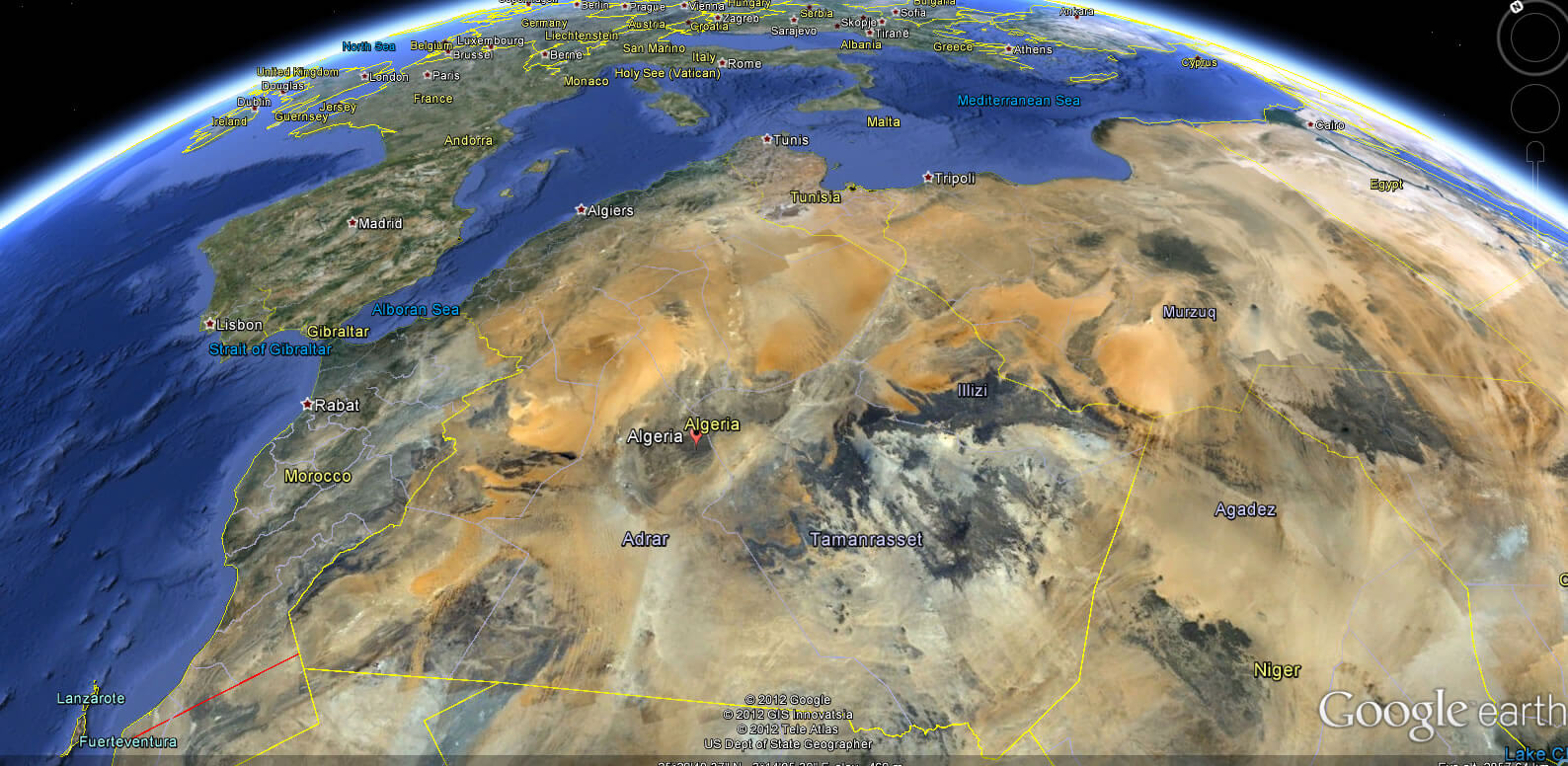
Algeria map
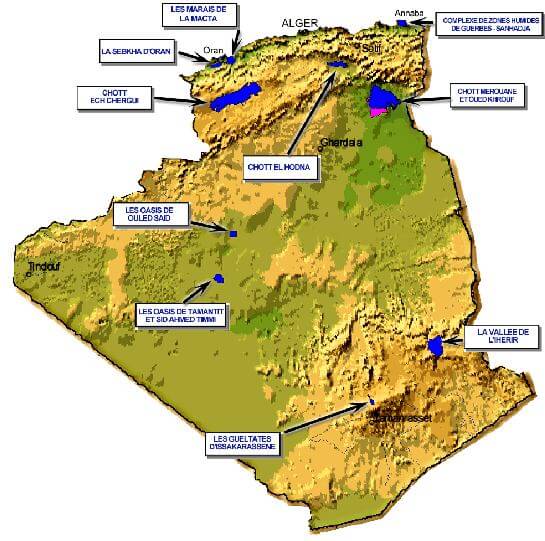
algeria google map
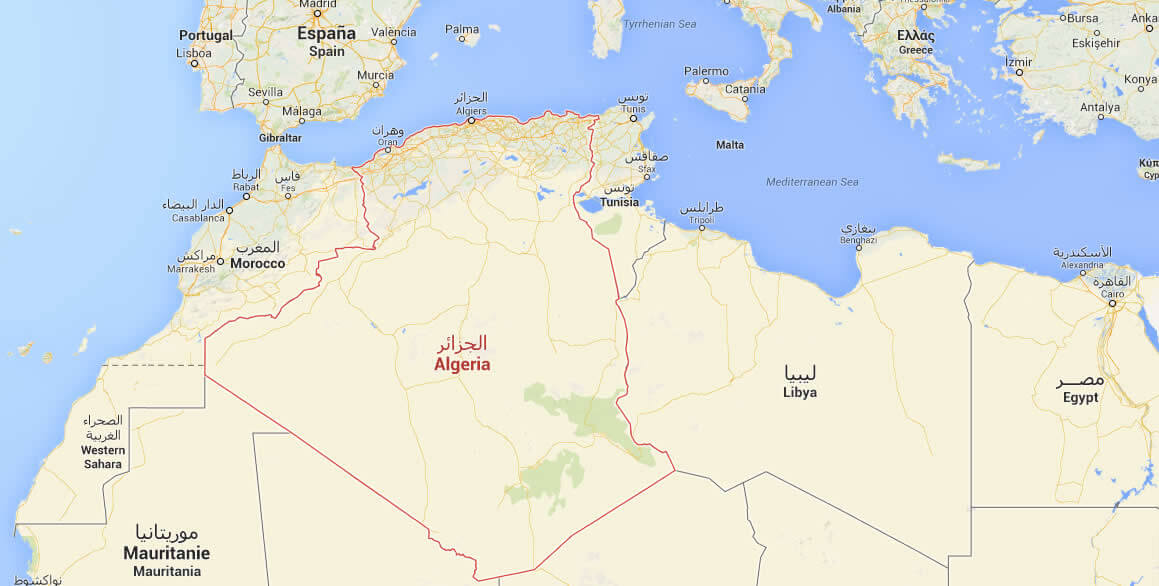
Algeria map africa
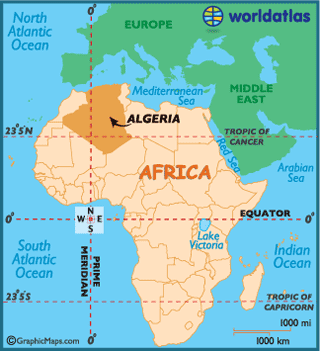
Algeria map cities
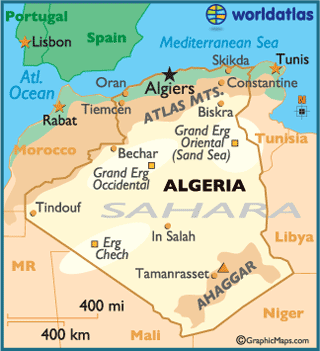
algeria national map
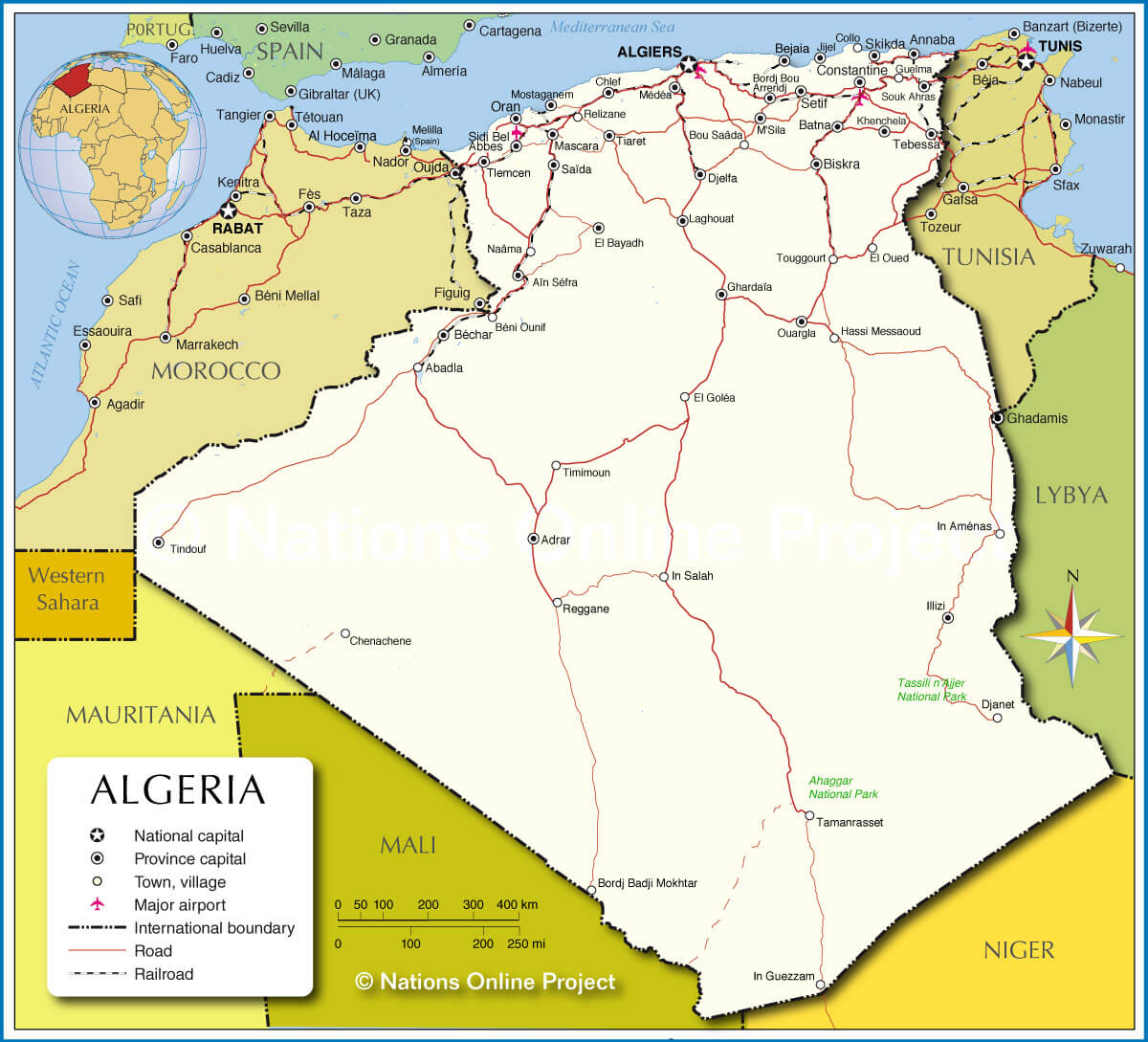
Algeria physical map
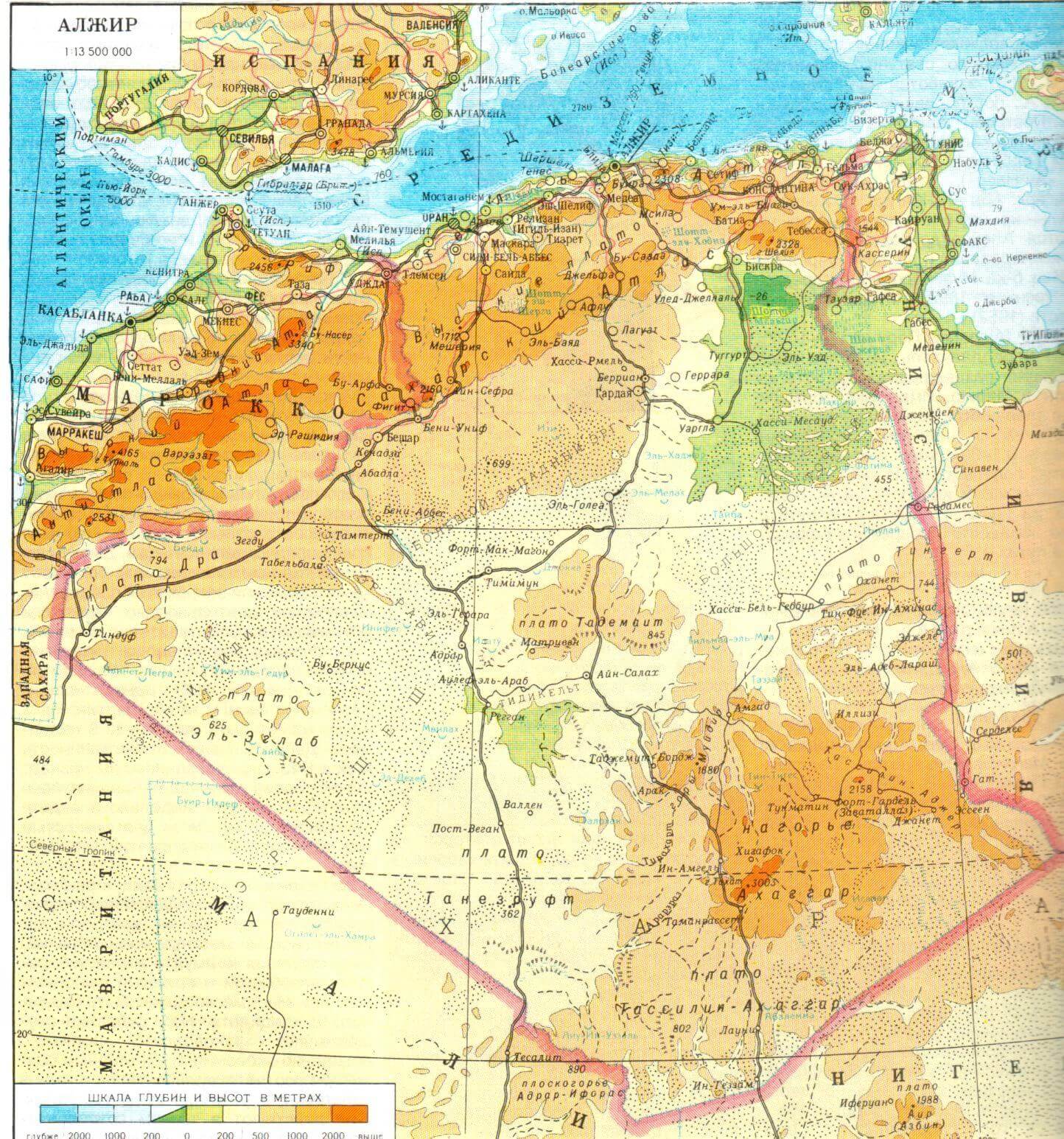
algeria relief map
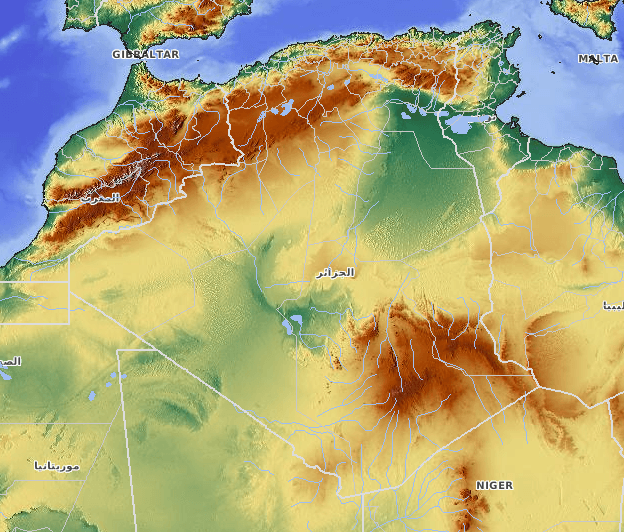
algeria seraidi annaba
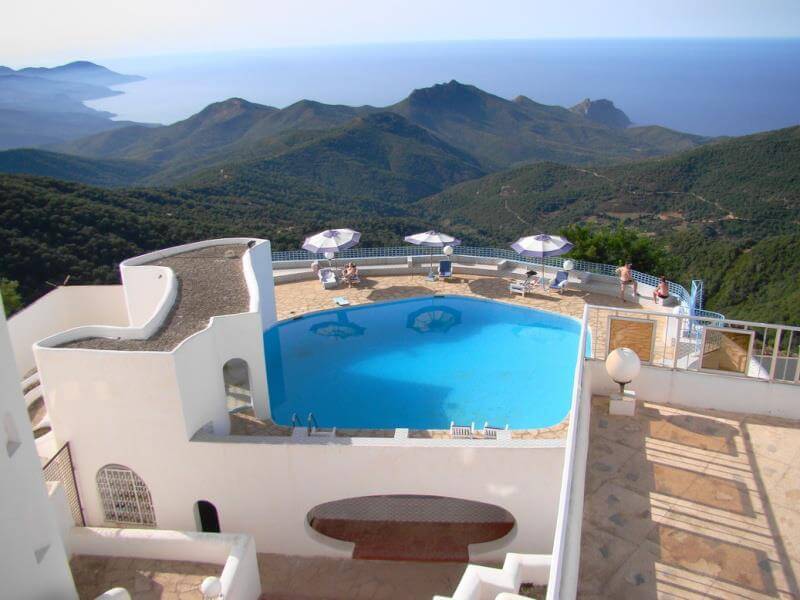
cities map of Algeria
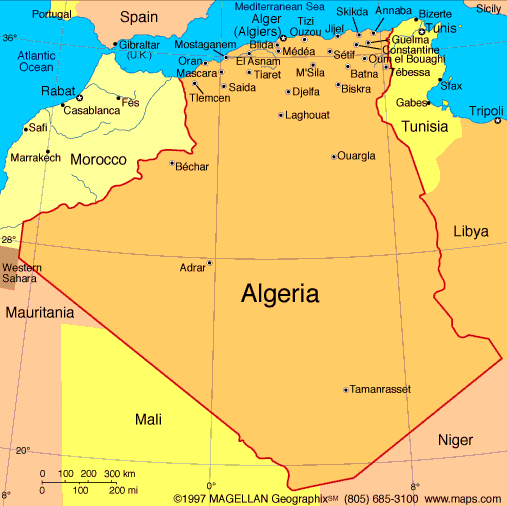
map of algeria
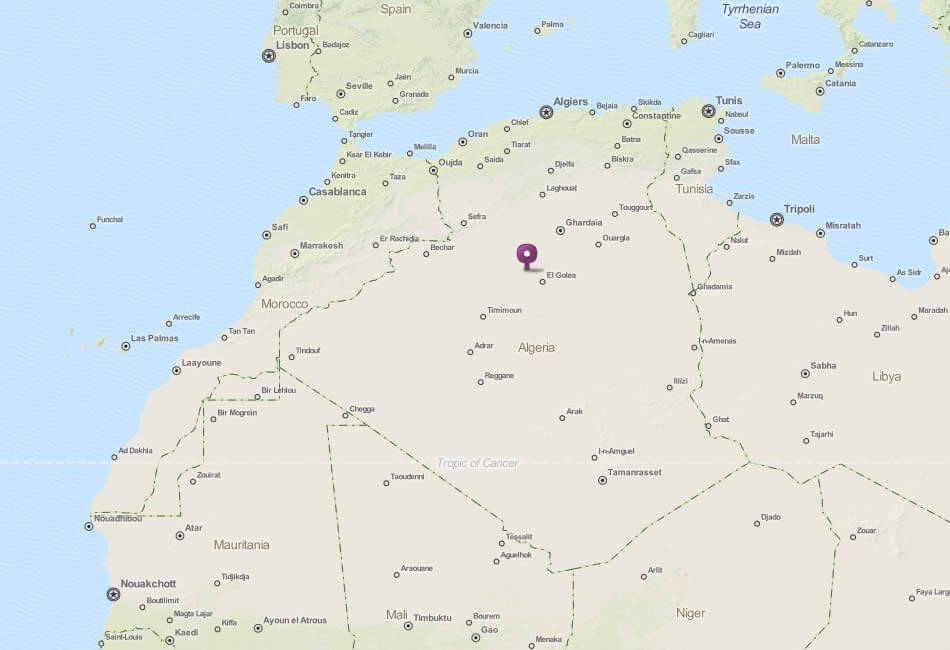
old algiers 16th century
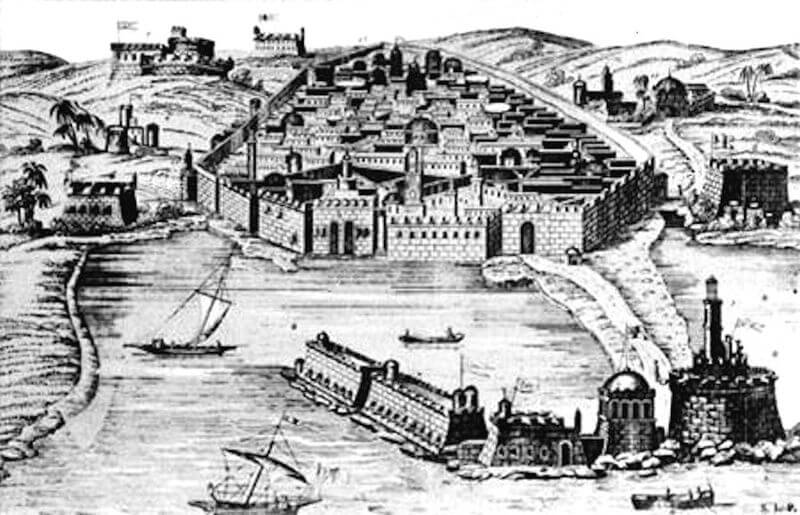
physical map of Algeria
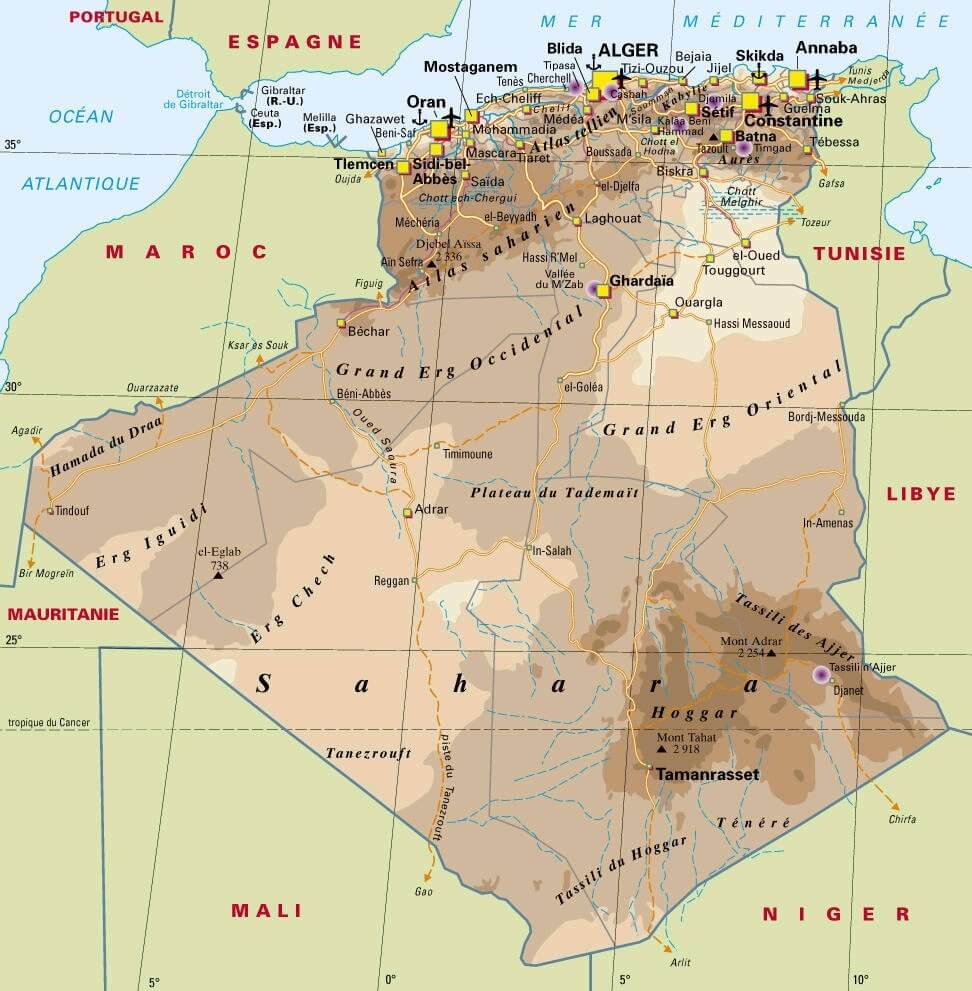
physical road map of algeria
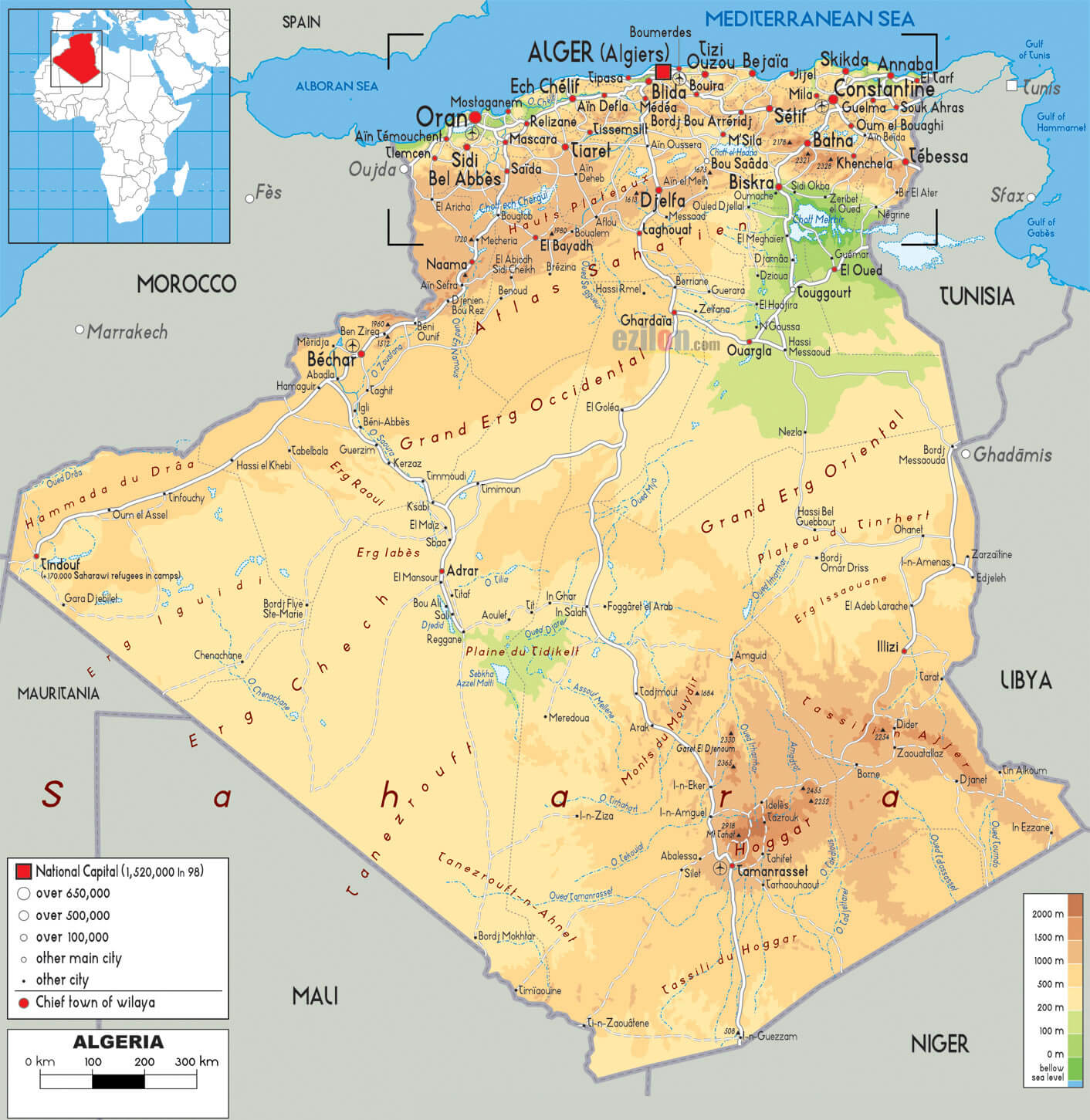
political map of Algeria

Algeria Administrative Map with Provinces
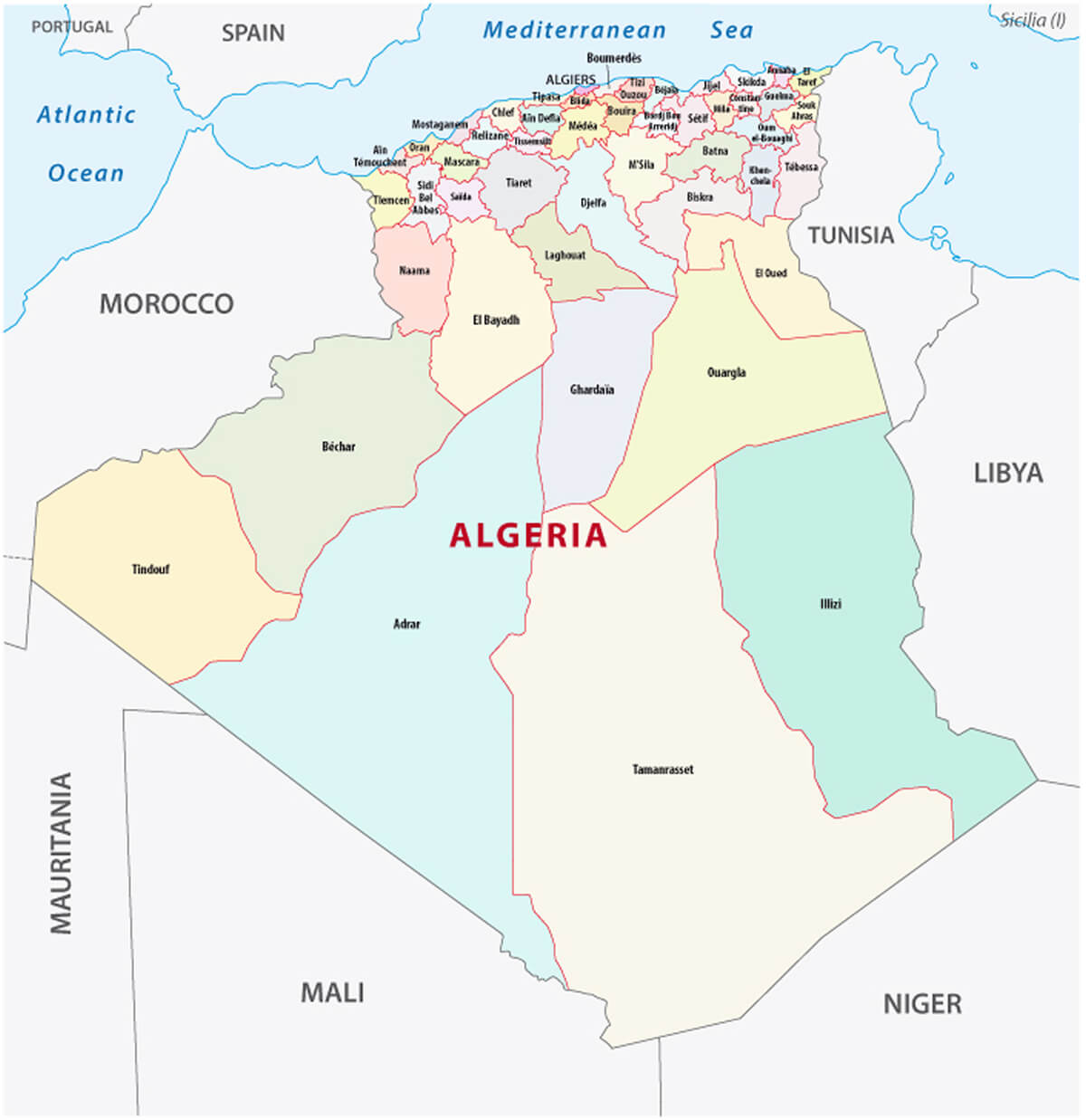
Algeria Infographics Map
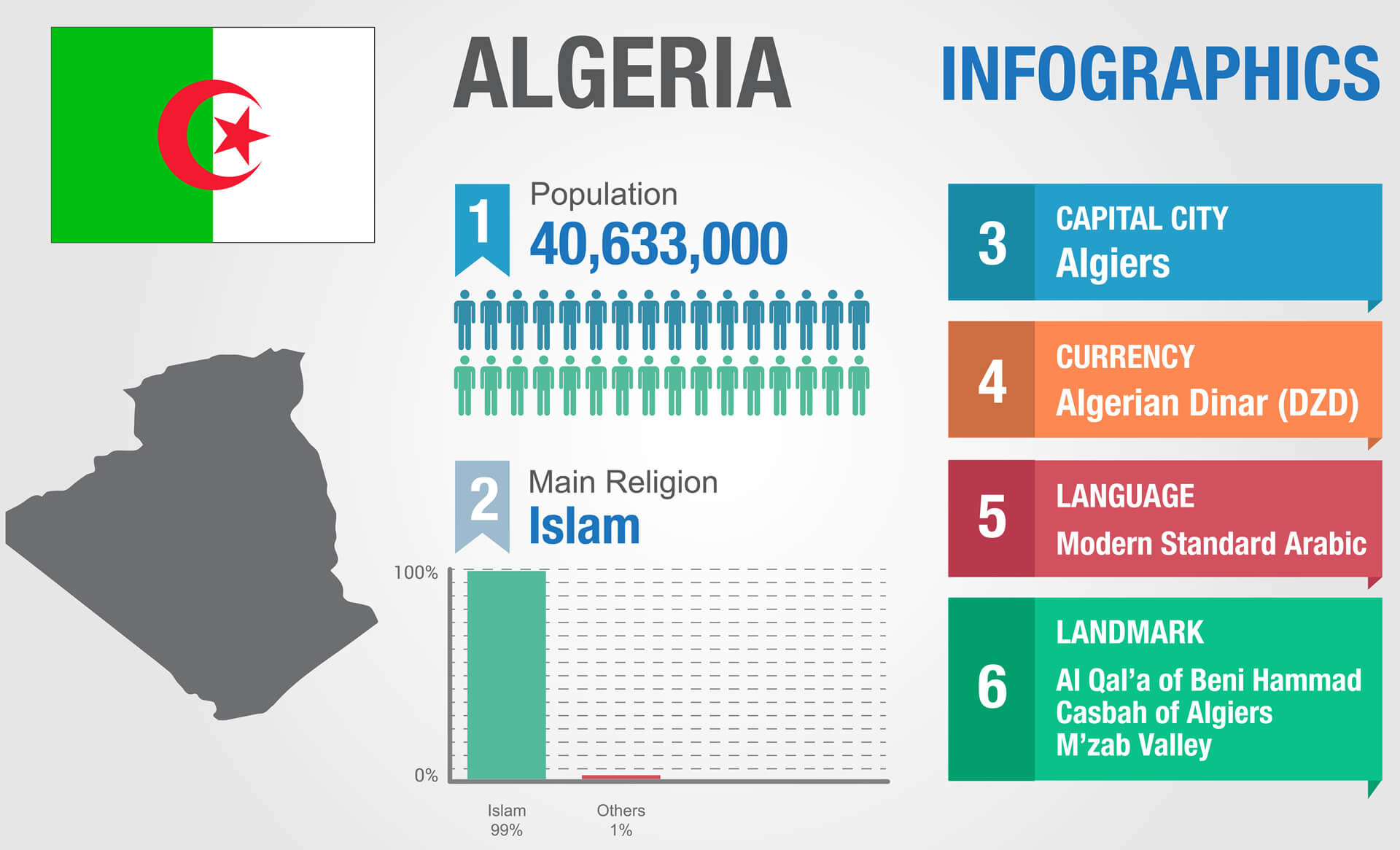
Algeria Map from Space
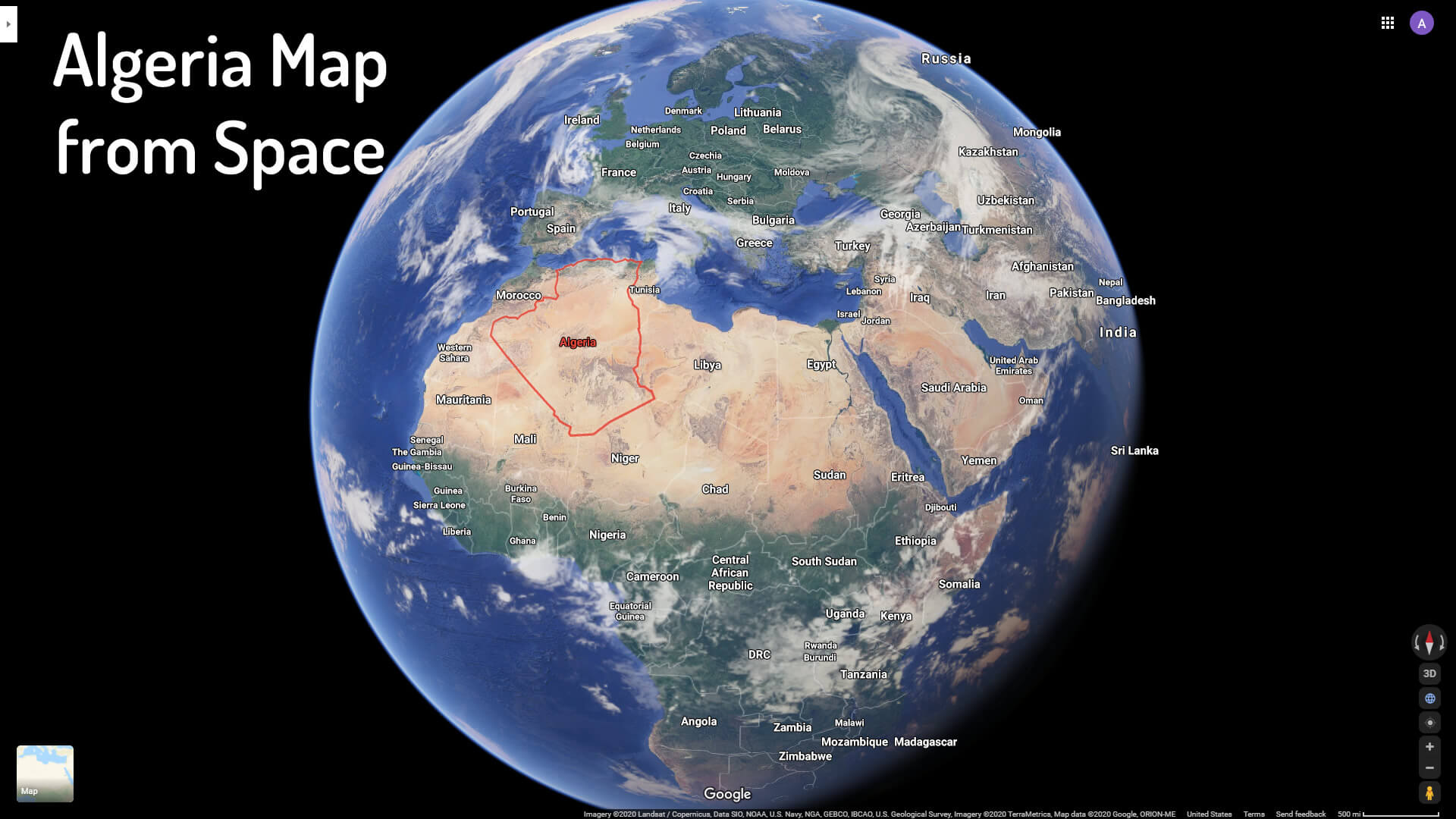
Algeria Satellite Map with Cities
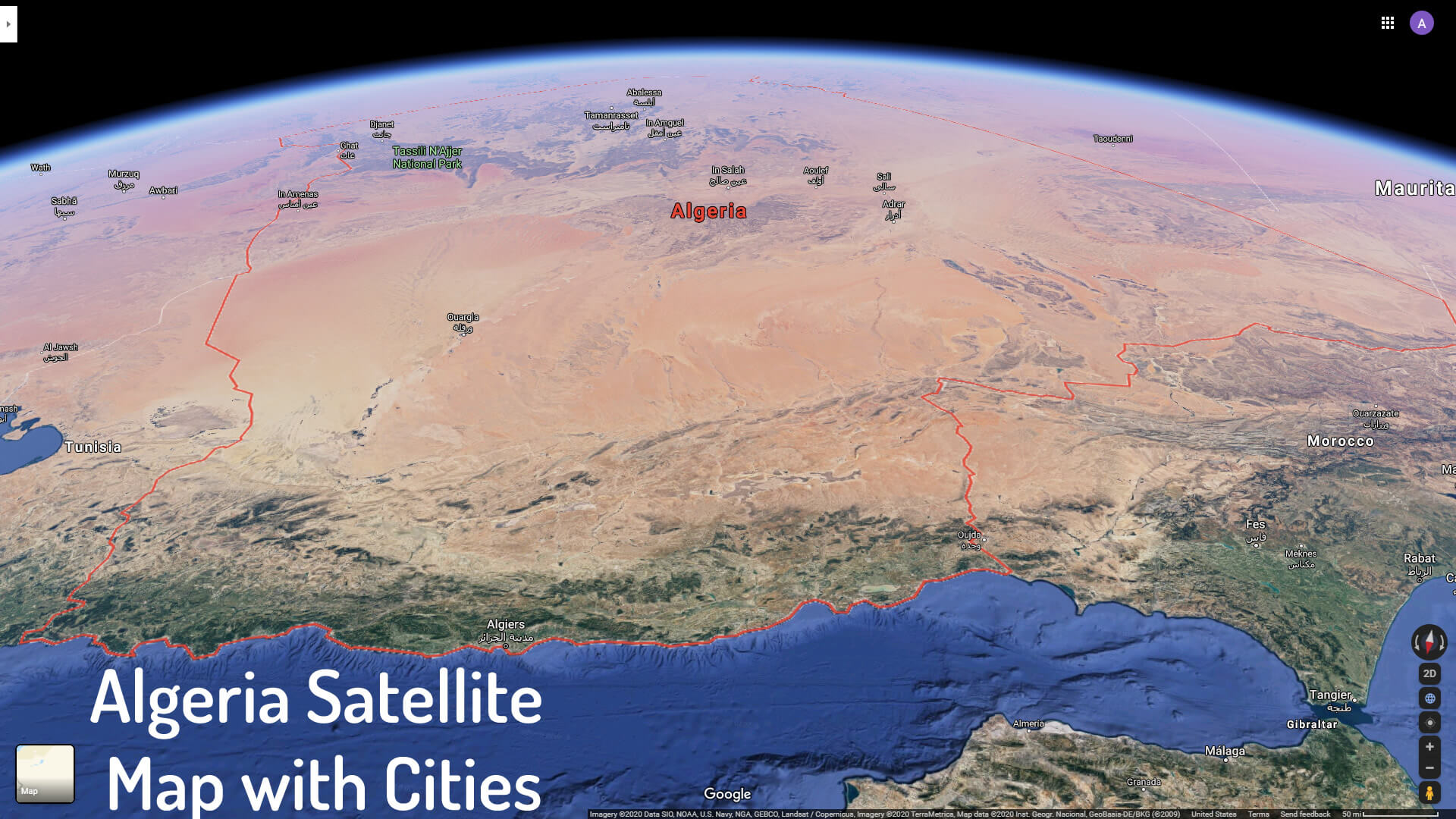
Algeria Satellite Map with North Africa
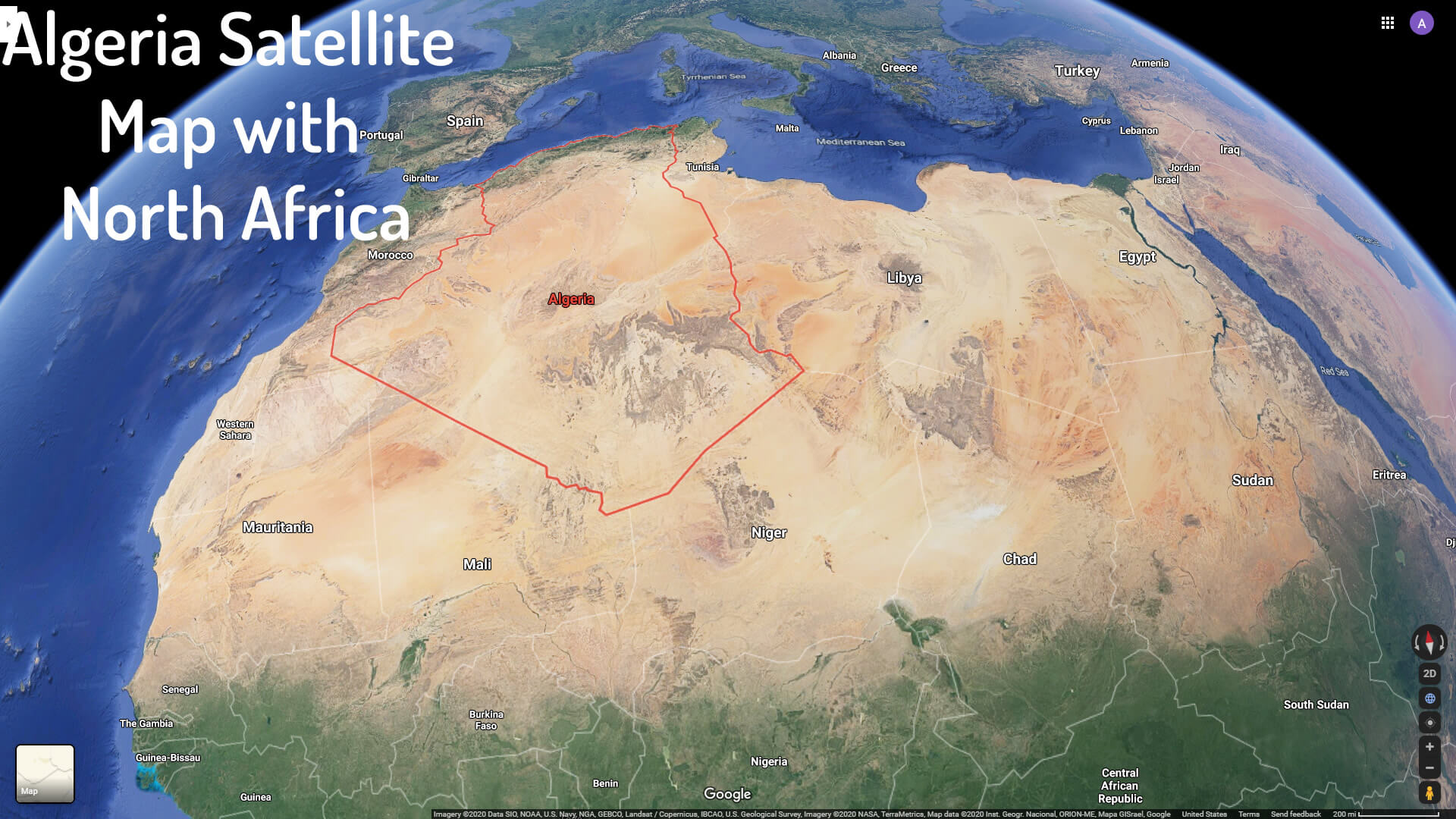
Color Map of Algeria
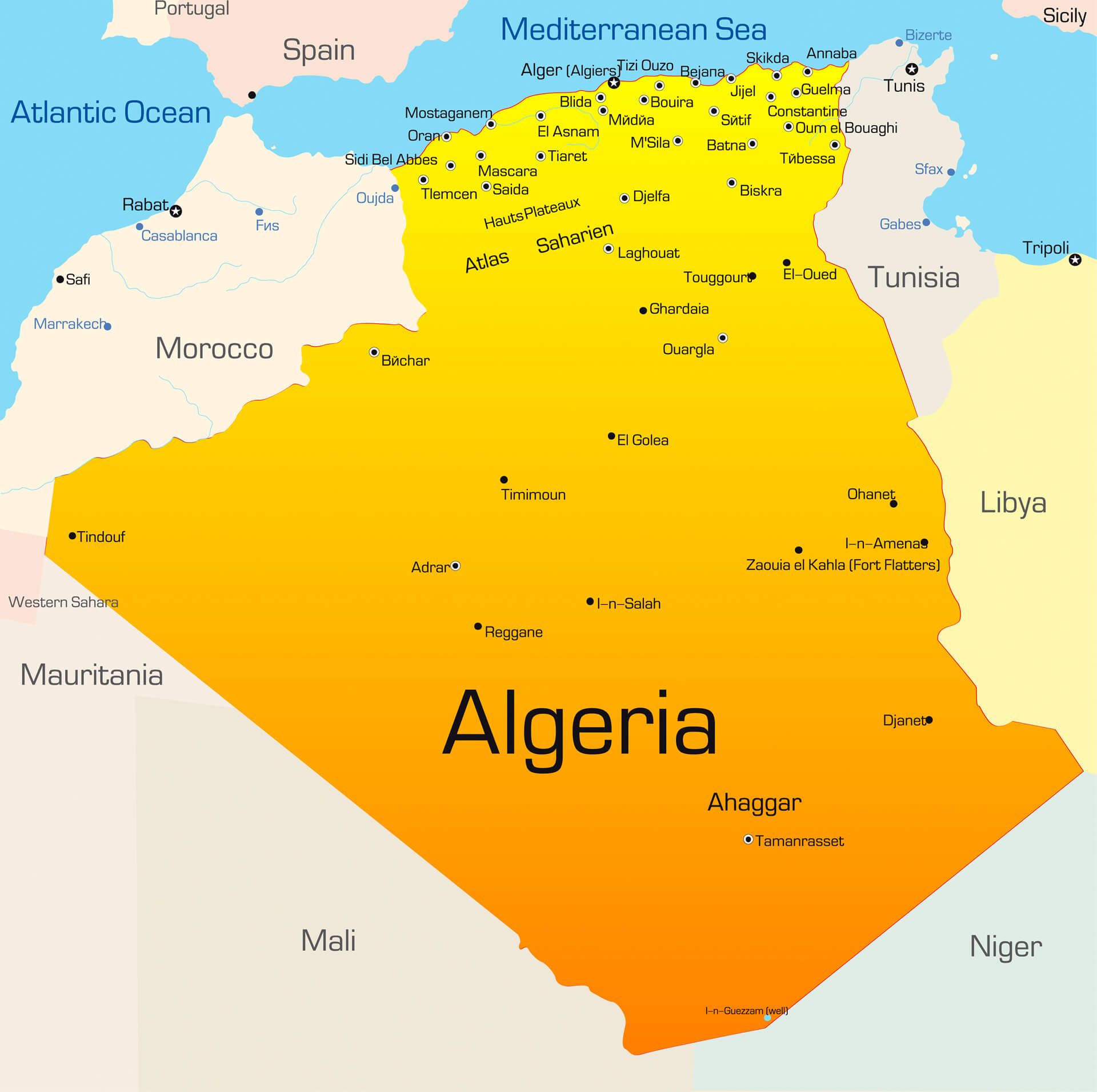
Physical Map of Algeria with Cities
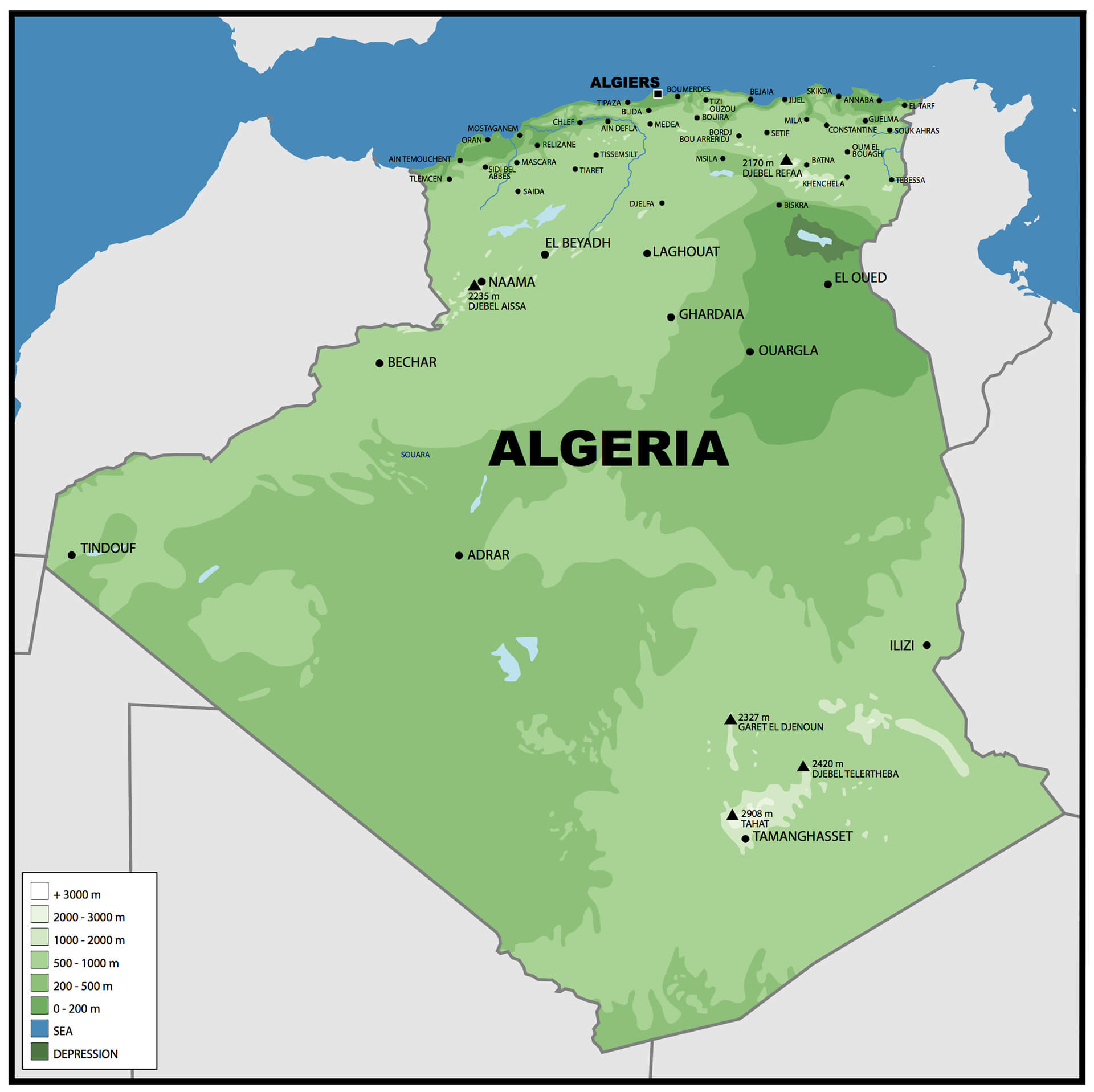
Political Map of Algeria
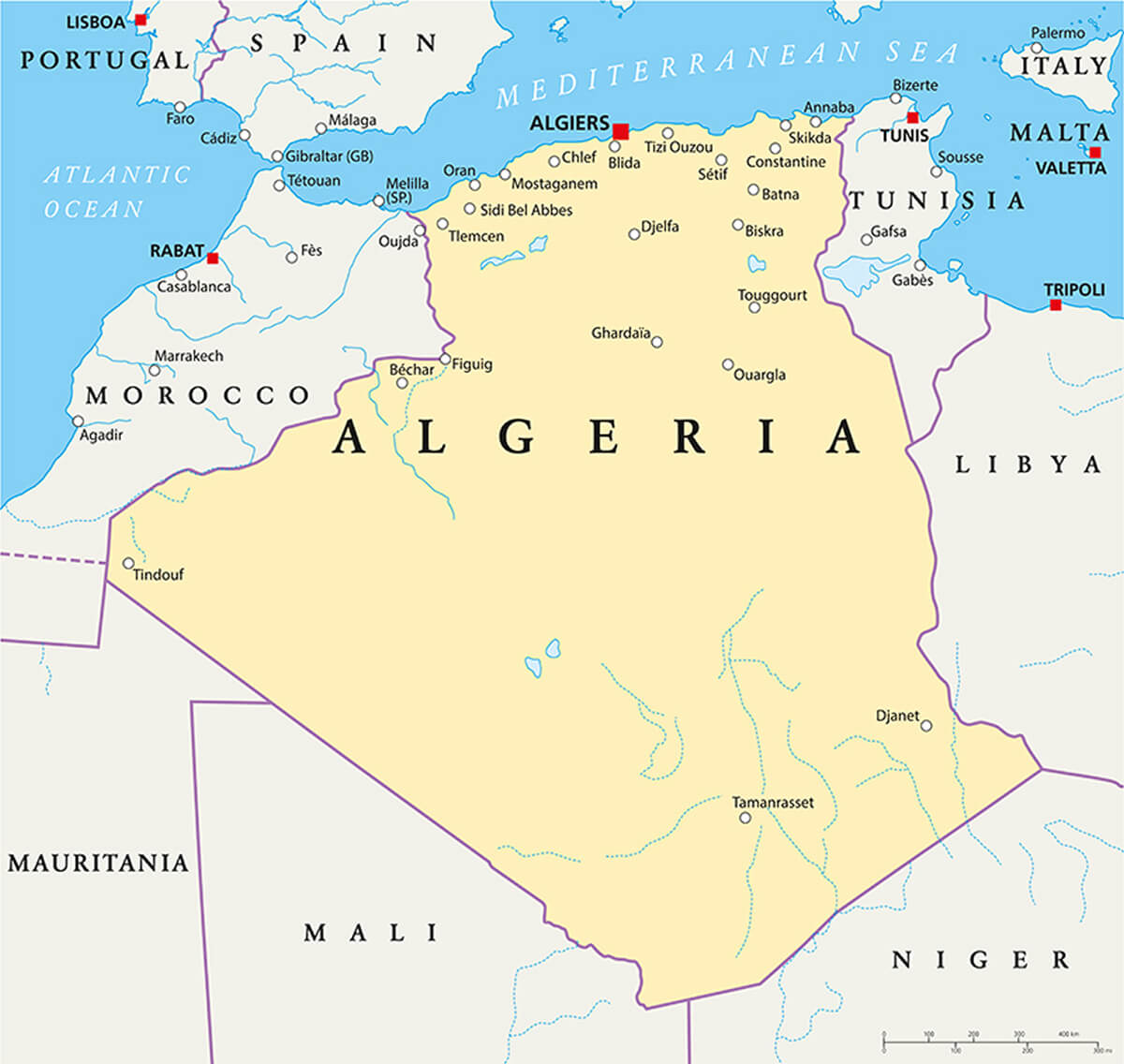
- Head of Performance Marketing
- Head of SEO
- Linkedin Profile: linkedin.com/in/arifcagrici
Largest Cities' Map of Algeria
El Jazair Map Constantine Algeria Map Skikda Map Sidi bel Abbes Map Chlef Map Annaba Map Blida Map Tebessa Map Alger Map Setif Map Biskra Map Tlemcen Map Batna Map Djelfa Map Oran Algeria Map
Address: Hakarinne 2 Espoo, 02100 Uusimaa - Finland
Email: hello@worldmap1.com
Phone: +358 44 230 0982
Worldmap1.com Blog
Email: hello@worldmap1.com
Phone: +358 44 230 0982
Worldmap1.com Blog
Copyright WorldMap1.com 2004 - 2025. All rights reserved. Privacy Policy | Disclaimer

